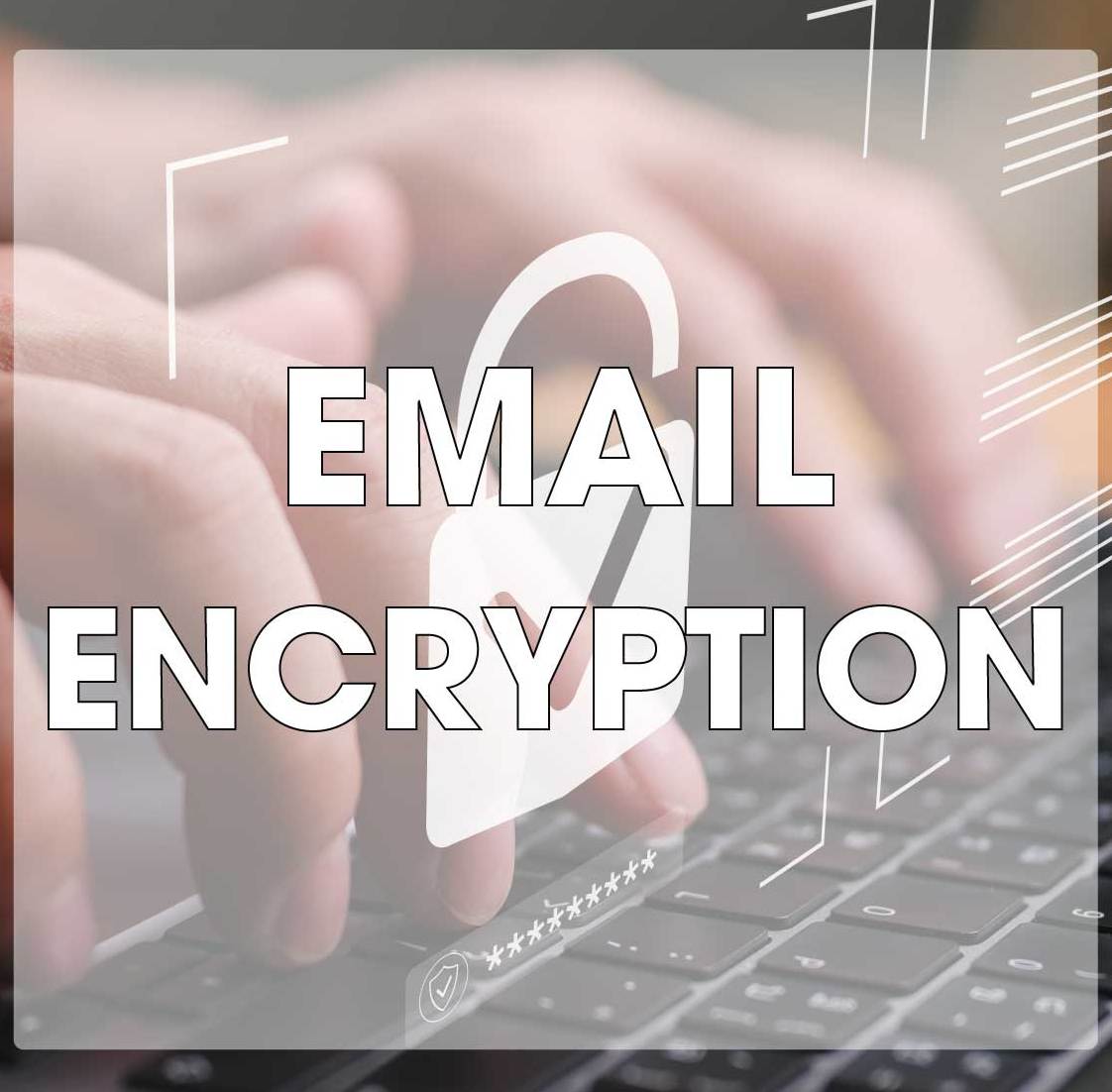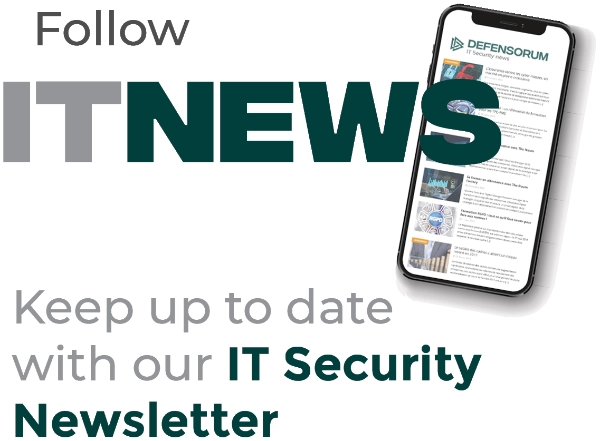
Businesses that do not use email encryption risk emails and attachments being intercepted by hackers, governments, and other third parties. Encrypting emails, however, can be complicated and costly, so to help you protect your emails we explain the best email encryption for small business use that is cost-effective, easy to implement, and will allow you to secure your email communications and prevent surveillance, interception, and tampering.
What is Email Encryption?
Email is convenient but by default, it is not a secure method of communication, as emails are usually sent in plaintext, which means if the emails are intercepted, they can be read and tampered with. Sensitive information could be obtained about the business, and emails could be changed without the sender or recipient being aware. Encryption uses a cryptographic algorithm to scramble the email and email attachments to prevent them from being read by anyone other than the intended recipient. Email encryption uses key pairs based on public key infrastructure for securing messages, with two related keys used to encrypt and decrypt messages. The emails are encrypted using a public key, a private key must be provided to decrypt the message. The private key is only held by the intended recipient.
Types of Email Encryption
Email encryption for small business can be achieved in multiple ways, with each having advantages and disadvantages. Email encryption for small business falls into two different types – transport level encryption and end-to-end encryption. Transport level encryption involves the encryption of emails in transit between the sender’s and recipient’s mail servers but may not involve encryption of messages before and after they are sent. The main benefit of this type of encryption is simplicity. It is easy to implement, the sender does not need to take any extra steps to send the email, and nor does the recipient to receive the message. The disadvantages are no encryption at rest in the inbox or sent folder, the emails can be viewed on mail servers, and if messages are forwarded, the forwarded messages may not be encrypted. Transport Layer Security (TLS) is one of the most common types of transport layer encryption.
End-to-end encryption provides a greater degree of protection as messages are encrypted on the sender’s device and remain encrypted until the intended recipient decrypts the message. The benefit of this type of encryption is the protection of emails on the endpoints as well as in transit. The main disadvantage is cost and complexity. These solutions are more expensive and can be difficult to implement. The two main methods of end-to-end encryption are PGP and S/MIME, and while these options can be more secure, they do have vulnerabilities.
The Best Email Encryption for Small Business
For most small businesses, encrypting emails is recommended for security, but with so many cybersecurity solutions to implement, the cost is usually a key issue. The best email encryption for small business use will offer a high degree of security, sufficient to meet all regulatory data security standards that your business has to comply with. The solution should be easy to implement and use, as if it is complicated, mistakes could be made. If encrypting emails is time-consuming, employees may simply ignore encryption and send unsecured emails.
One common problem with email encryption is the recipient of the email may have to take additional steps to open the emails, and encryption may fail if their mail server does not support the type of encryption used. That means recipients must ensure that their mail servers are appropriately configured. For many businesses, that simply is not practical.
Some email encryption providers offer easy-to-implement solutions that provide a high degree of protection, are low-cost, and are easy to implement and use. While they may not provide the highest level of security, for most businesses they will be perfectly sufficient. These solutions often use a combination of TLS encryption with additional controls for authentication.
One such example is EncryptTitan and it is a good choice for email encryption for small business use, although may not meet the requirements of large enterprises and businesses in highly regulated industries. EncryptTitan uses a form of TLS called TLS-Verify which combines protection with practicality. Emails are encrypted using TLS, but if the recipient’s mail server does not meet the TLS encryption requirements (i.e. it uses lower versions than TLS 1.2 or 1.3) the email is sent to a secure portal and an email is generated with a link to notify the recipient that they have been sent an encrypted message. The recipient must then log in to the secure portal to decrypt the message. The secure portal can also be used for sending sensitive email content. Controls can be set that prevent copy/pasting, printing, and forwarding, with the sender able to see what has happened to the message, can recall messages, and set expiry times after which the emails are securely deleted. Standard emails can be encrypted in transit using TLS and require no additional actions by the recipient to view the message.
Summary
If you want to protect emails you need to implement encryption. The type of encryption you choose should be guided by a risk assessment. If you want the best protection, you should choose a true end-to-end email encryption solution, but if you want to prevent the interception of emails and balance cost with usability, choose a vendor that provides enhanced TLS encryption.
Photo Credit: somyuzu / stock.adobe







